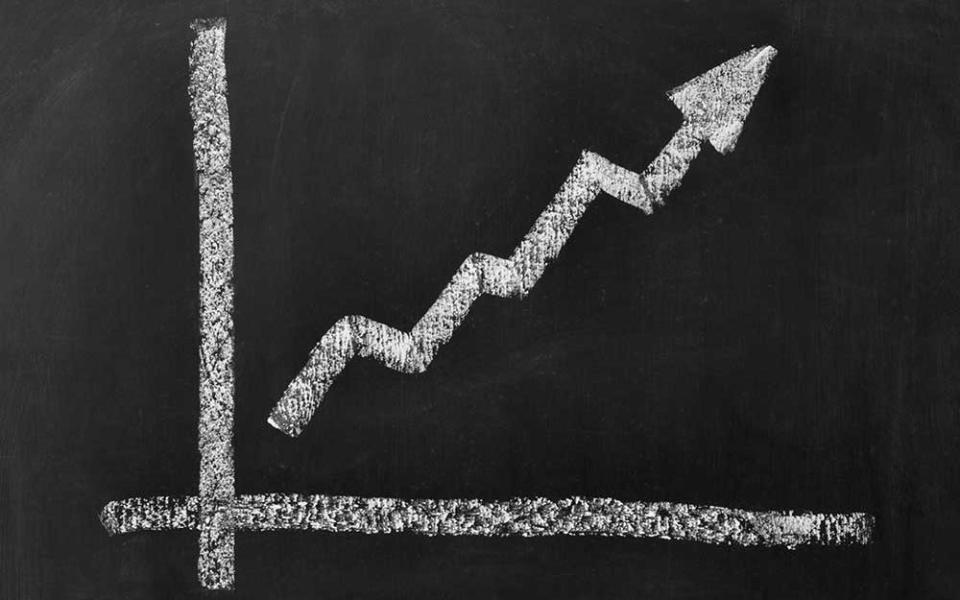Why inflation could actually be good for your money

Higher energy bills, more costly food shops and soaring petrol pump prices have left families facing the biggest cost of living crisis in a generation. But it does not all have to be negative.
Inflation is already trending at its highest level for 40 years and its forecast to hit double digits later in the year. Despite the gloom, there are upsides to spiralling costs – it shrinks debt in "real" terms.
It erodes the real value of the money someone has borrowed. This can be difficult to see. Someone who owed £150,000 on an interest-only mortgage 12 months ago still has £150,000 outstanding today – it does not seem like they are any better off. However, inflation means £150,000 is not what it used to be, the spending power has dropped.
It can be easier to see the impact over a longer period of time. If you bought the average house 25 years ago, in 1997, it would have cost £58,400. If you took out a mortgage for £50,000 on an interest-only basis, you would still owe £50,000 today.
However, in the interim, the spending power of the debt would have more than halved. Back then, £50,000 had the spending power of what around £107,000 has today, according to investment firm Hargreaves Lansdown. What’s more, if wages keep pace with inflation, your monthly mortgage payments as a percentage of your income will have dropped dramatically.
If you assume, for example, someone has a monthly payment of £700 on a five-year fixed-rate mortgage, and income after tax of £2,000, today their mortgage eats up more than a third (35pc) of their income. If over the next five years inflation-linked pay rises pushes their take home pay to £2,500, the proportion of their earnings lost to mortgage repayments would drop to 28pc.
However, if your wages fail to keep pace with inflation, rising costs mean it will be harder to stretch your income to cover your mortgage. The same principle applies to all forms of debt, including credit cards and personal loans.
Families have taken on more debt to keep up with rising costs. We owe 5.2pc more than we did a year ago, according to the Bank of England, gradually undoing what people have paid off during the pandemic.
Higher inflation can also benefit pensioners, as the state pension is uprated each year via the “triple lock”. This boosts pensions by the higher of inflation, wages or 2.5pc.
Typically the uprating is based on inflation figures from September. With inflation forecast to hit 10pc by then, pensioners stand to receive an almost £1,000 annual boost next year, taking weekly payments to more than £200 for the first time. Inflation is later forecast to drop back down to 1.5pc by the end of 2023. Currently the state pension pays up to £185.15 a week.

 Yahoo Finance
Yahoo Finance 